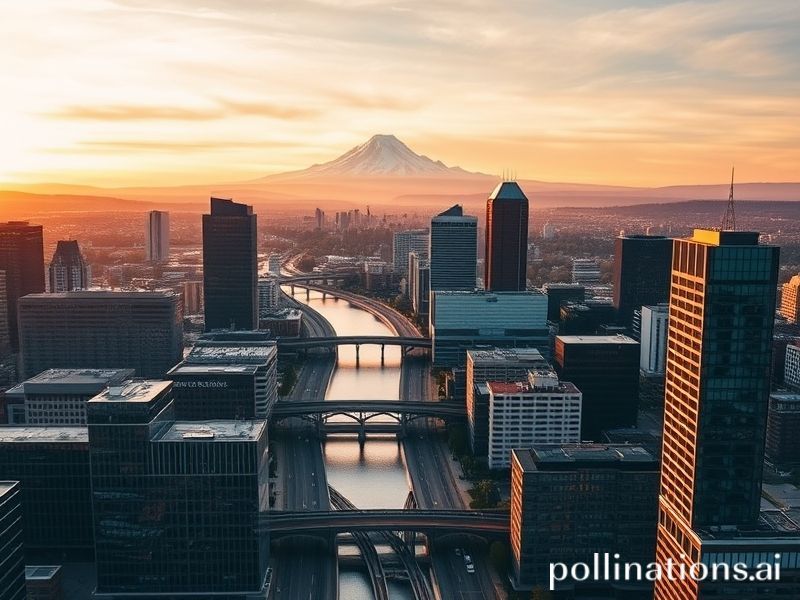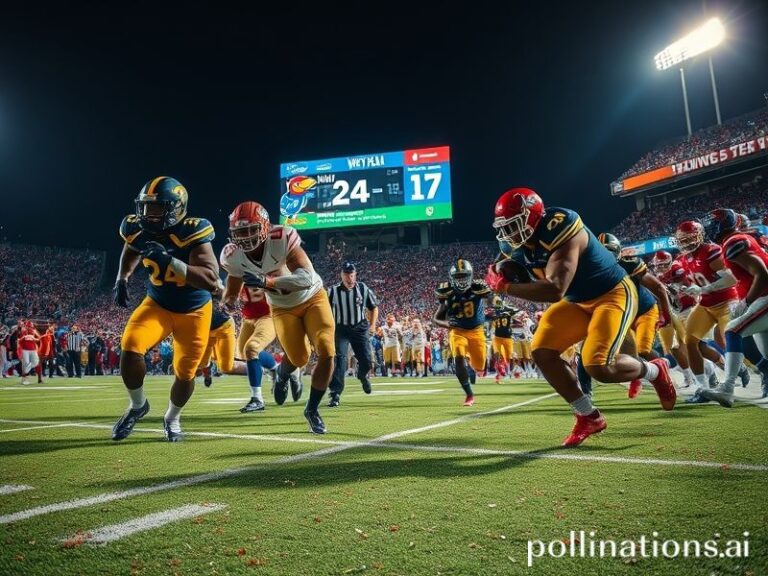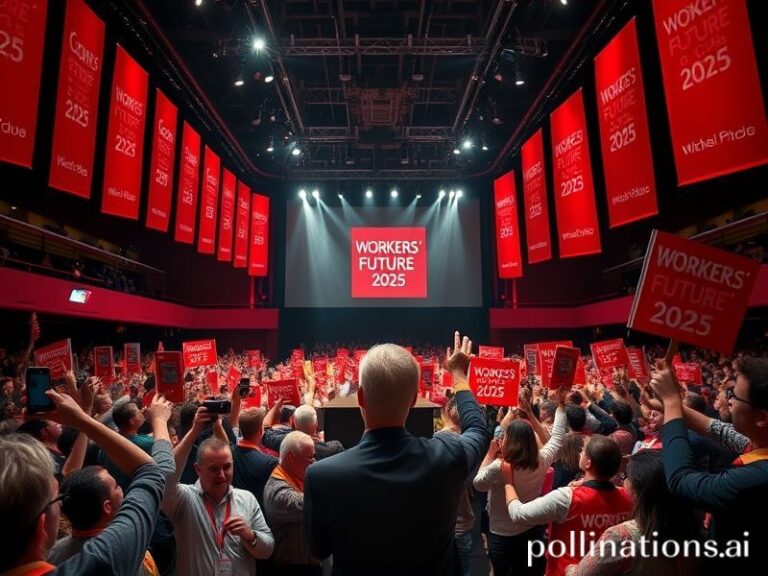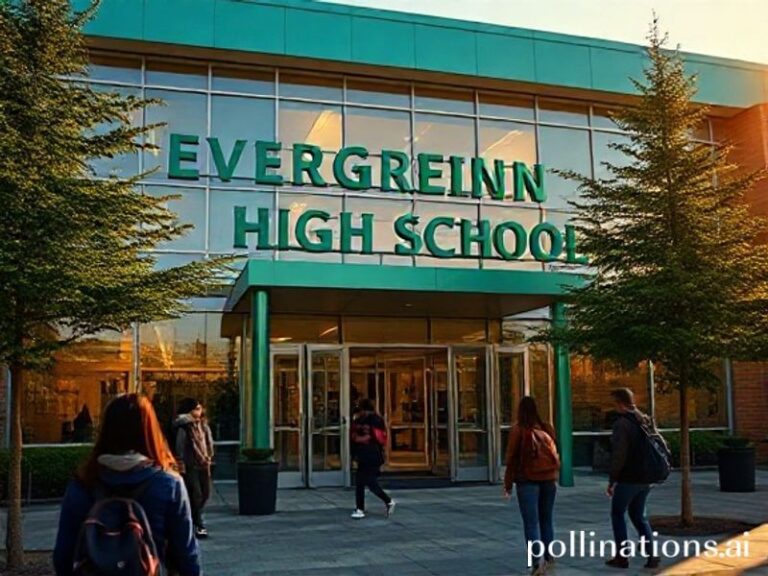Portland as Planet Earth’s Beta Test: Why the World Should Stop Laughing and Start Taking Notes
Portland, Oregon—population roughly the size of Vilnius, rainfall rivaling Manchester, and a civic reputation somewhere between Narnia and Lord of the Flies—has become the Rorschach test of the early 21st century. Scan global headlines and you’ll see the city variously painted as a post-apocalyptic commune run by vegan warlords or as the last fragile greenhouse where the Enlightenment still struggles to photosynthesize. The truth, like most truths these days, is both less cinematic and more embarrassing: Portland is simply the place where the rest of the planet’s contradictions go to get artisanal small-batch anxiety.
To Europeans still mourning the death of café culture, Portland’s 500-plus independent coffee roasters look like a renaissance—until they learn each bean is ethically sourced from a co-op that pays farmers in crypto and gratitude. To East Asians watching property prices outrun Tokyo, the city’s tent encampments spreading beneath $2,000-a-month studio lofts are less a “housing crisis” than a live-action seminar on late-stage capitalism’s improv skills. Even the Kremlin’s spin doctors, hard-pressed to portray Russia as stable, quietly circulate drone footage of downtown intersections where traffic lights blink to no one, as evidence that America, too, excels at painting crosswalks on crumbling mythologies.
What makes Portland globally instructive is its talent for exporting its neuroses in tastefully distressed packaging. The city birthed the “smart city” sensor network now piloted in Singapore—where it runs with obedient precision—after first testing it on bicyclists who responded by spray-painting the sensors ironic haikus. It perfected the farm-to-table movement that Stockholm and Seoul now pay premiums to imitate, even as locals joke their arugula comes pre-wilted by existential dread. Somewhere in Lagos, a startup CEO is pitching investors on “Portland-style food carts, but with reliable electricity,” a phrase that sounds like satire until you realize the funding round is already oversubscribed.
Meanwhile, the city’s politics—equal parts Nordic social democracy and medieval guild warfare—serve as a warning label for nations tempted to confuse performative progressivism with functional governance. Germany’s Greens study Portland’s defunded traffic squad and subsequent 2,000-percent spike in catalytic-converter theft the way NASA once studied Challenger footage: soberly, wincing, wondering where the O-rings of civic order went missing. Brazilian favela organizers watch masked anarchists in Portland torching police stations and think, “Cute, but we actually have to live here afterward.” Even Canadians, congenitally allergic to schadenfreude, allow themselves a quiet chuckle when Portland’s city council spends three hours debating whether tear gas is vegan before adjourning for craft cocktails.
The pandemic only globalized Portland’s paradoxes. As New Delhi suffocated, the city’s surplus ventilators—bought with GoFundMe donations and scented with lavender—sat unused in an abandoned yoga studio because the county’s risk-management algorithm rated them “too emotionally triggering.” When Shanghai locked down, Portlanders panic-bought gluten-free flour with the grim discipline of Soviet bread-liners, then posted Instagram stories about their sourdough’s trauma. The world watched, half-horrified, half-envious, like a Dickensian street urchin peering through the window of a gluten-free patisserie where the éclairs are on strike for better mental-health coverage.
And yet, for all the mockery, Portland remains a leading indicator—a canary in the artisanal coal mine. The climate refugees who will soon redraw borders are already arriving here first, disguised as baristas with forestry degrees. The automation that promises to liberate Lagos and Lahore from drudgery is beta-tested on Portland food-delivery bots, which currently navigate sidewalks littered with both compost bins and human despair. When the last polar bear drowns, its NFT will probably be minted in a Portland coworking space that used to be a dive bar.
So laugh if you must at the city where chickens have legal rights and potholes have Instagram accounts. The joke, dear reader, is on all of us: Portland isn’t failing the future; it’s simply rehearsing it in public, with a locally sourced soundtrack and a compostable ticket stub. The rest of the planet is next in line, clutching reusable cups full of denial, waiting for the same barista to mispronounce our name in a dozen languages. And when the foam finally settles, we’ll discover the latte art was just foam on the apocalypse all along.







